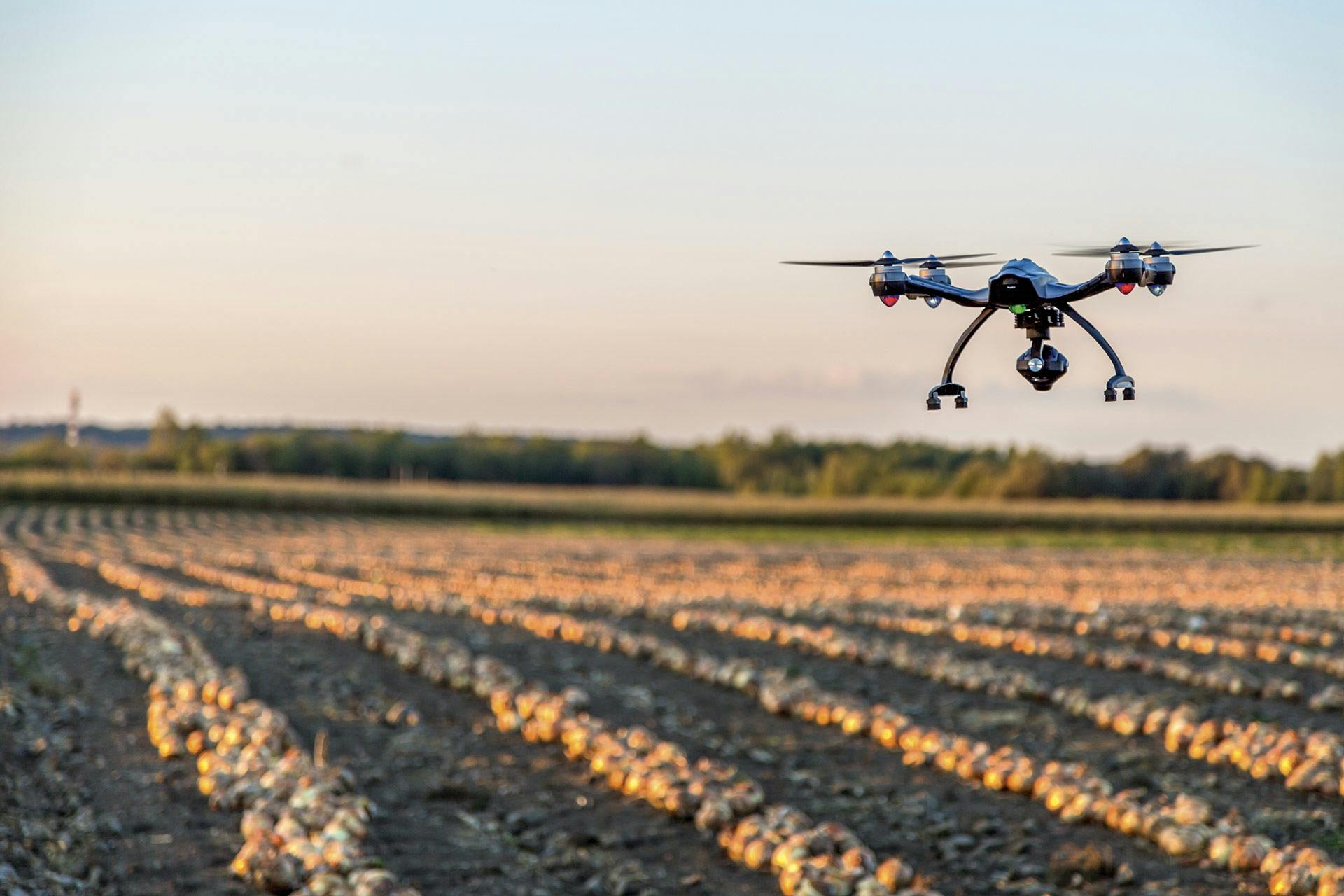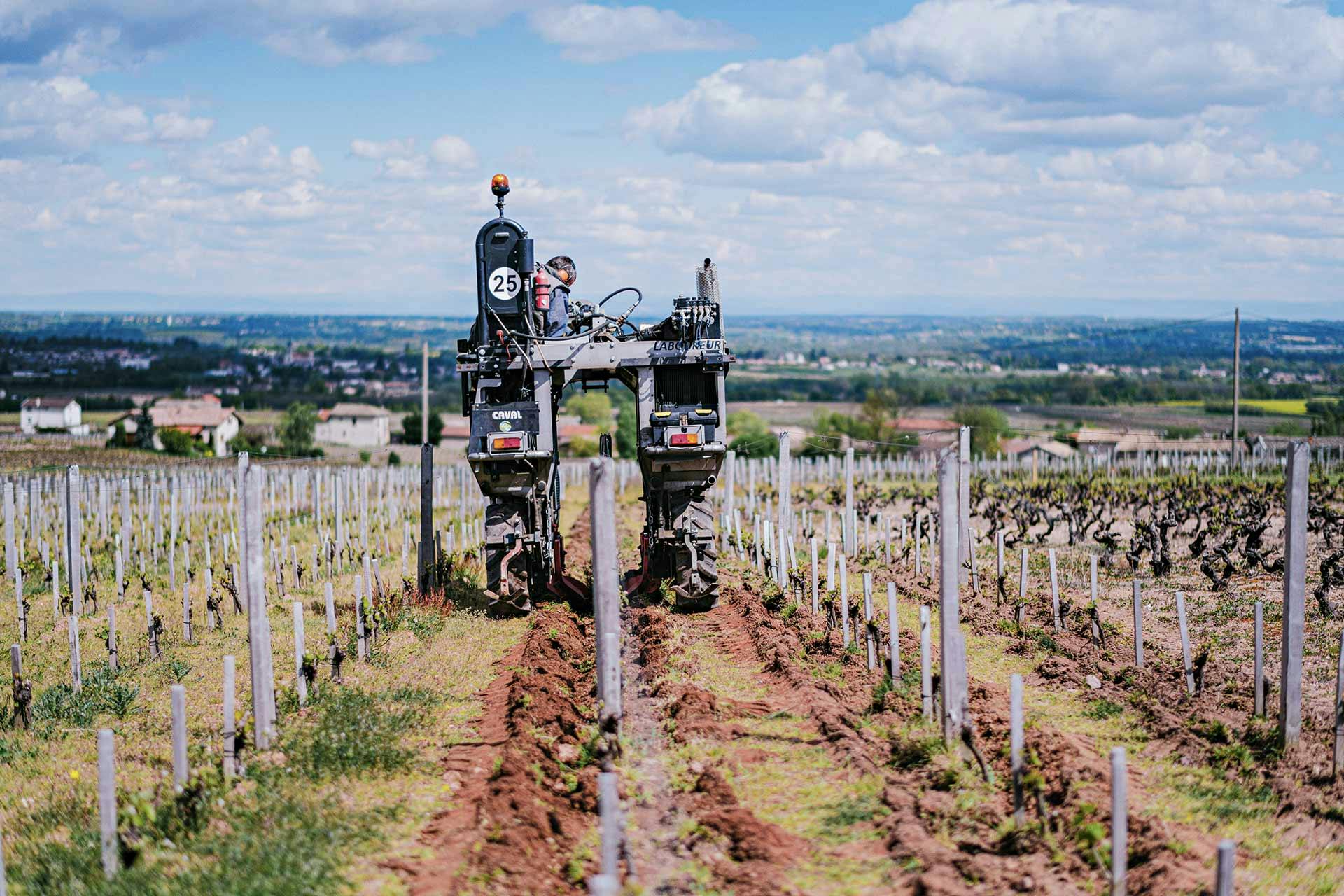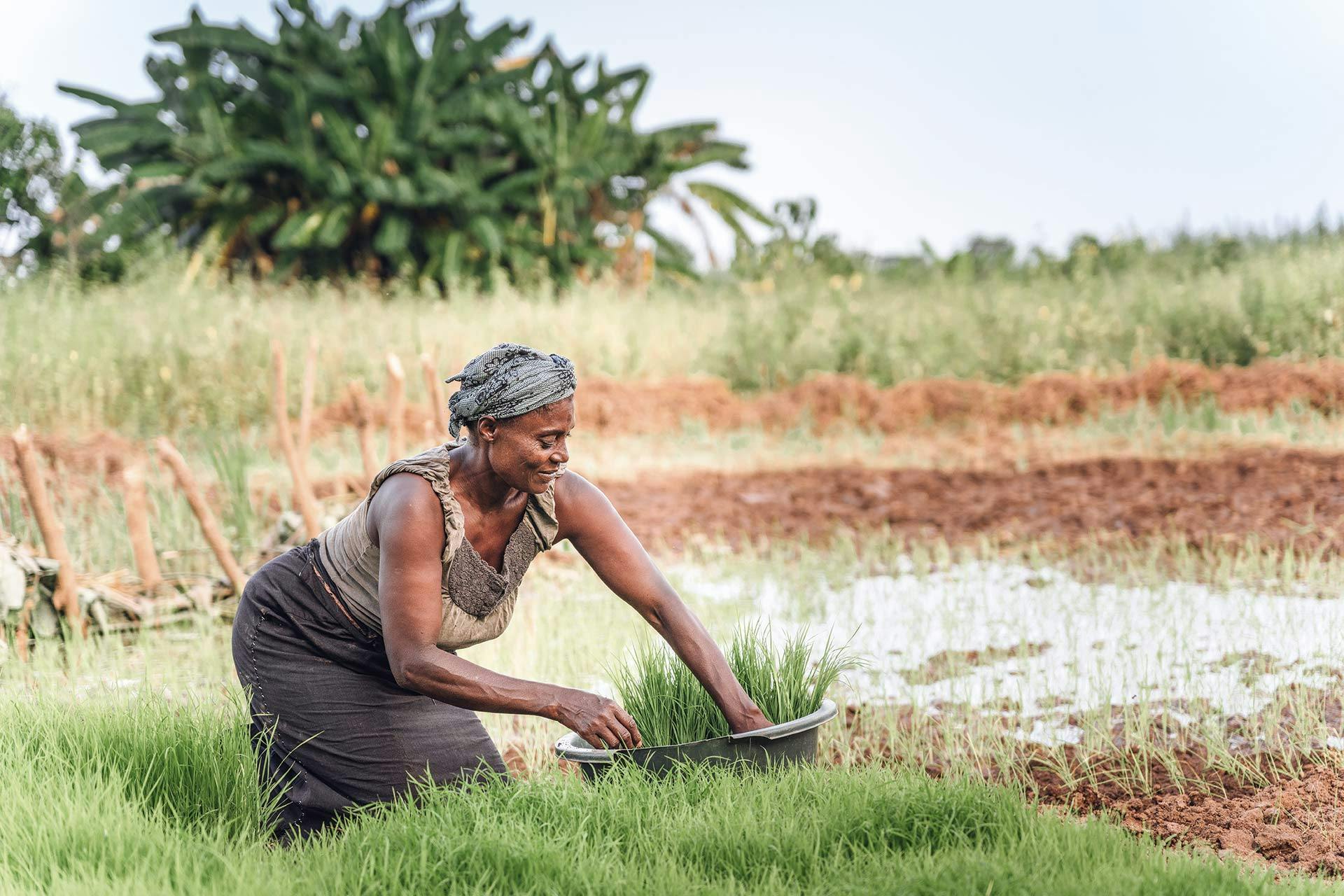
June 30, 2020
The keys to climate resilience
The Group’s expertise in parametric insurance, managed by AXA Climate, enables it to offer tangible solutions in sectors like farming that are directly impacted by climate hazards. AXA is drawing on its insurance business to help customers adapt to the impact of climate change.
4 minutes
Today, we know how to immediately compensate farmers for climate hazards (drought, frost, etc.). Tomorrow, we will help them anticipate these events and equip themselves better to mitigate the impact on their yields.
In these few words, Antoine Denoix, CEO of AXA Climate, sums up the aim of this division focused on parametric insurance. Our goal is to transform a technical tool into a way to support general-interest sectors that depend directly on climate conditions, starting with agriculture.
What obstacles do farmers face?
Listening to the people who feed the planet
This tool is a parametric insurance solution based on objective criteria (rainfall levels, drought durations, etc.), which automatically triggers payment when set thresholds are exceeded. Customers no longer need to submit claims statement, provide proof or wait for payment. Parametric insurance enables farmers to receive compensation immediately after a climate event, without waiting for a damage assessment. It’s fast, avoids paperwork and enables them to hold down their loss or immediately reinvest in new crops,
explains Adrien Cassegrain, Senior Underwriter at AXA Climate
Among the customers served by this division are cooperatives that cultivate high-value crops, such as Bordeaux wine grapes. Mid-cycle compensation enables them to find solutions to save their seasonal crops and not waste a production year,
continues Adrien Cassegrain.


Collecting precise, objective data
What makes this solution effective is clearly our ability to capture objective data,
explains Alice Legrix de la Salle, Head of Operations at AXA Climate. To this end, AXA Climate works with partners (public organizations and private suppliers) that have authoritative meteorological and agronomic data. Our aim is to identify the most reliable data for every risk. For hail, which is very local, we have to use local sensors in the field. For drought risks, we can use satellite data that measures soil moisture,
she states.
In addition to the tool itself, the advice offered by AXA Climate makes all the difference. More than 50% of our customers are governments that want to protect their populations in the event of natural disasters or weather anomalies that endanger lives, as well as the national economy. We are carrying out major research and analysis work with them to define the risks to be covered, along with the thresholds and compensation levels,
says Alice Legrix de la Salle.
Public-private partnerships with governments
AXA is working with public authorities and participating in governmental initiatives in many countries. In India, where agriculture accounts for 17% of GDP and 55 million farmers already benefit from insurance coverage, AXA Climate has partnered with PFMBY*, bringing expertise in modeling, pricing and satellite imaging.

Rod Wing
Director of the AXA Research Fund Chair in Genome Biology and Evolutionary Genomics
One of the greatest challenges currently facing us is to feed a global population, due to grow by around 3 billion individuals by 2050, without destroying our environment.
In Cameroon, Senegal and Côte d’Ivoire, AXA Climate insures nearly 90,000 farmers against droughts through public-private partnerships with these countries’ governments. We mainly cover small farmers whose crops feed both their families and their local markets. Since the insurance penetration rate is very low among these populations, a climate event can not only plunge them into poverty but also threaten national food security,
says Kristian Mangold, Public Service Business Developer at AXA Climate.
After a two-year analysis phase carried out hand in hand with local insurers, AXA Climate has developed a tailored scheme enabling participating farmers to receive compensation if seasonal rain falls short of a certain threshold. We ask them to sign up and pay a small share of insurance (about 10%) to ensure they are aware of subscribing to this solution. The remaining 90% is provided by the authorities. The money paid to these farmers can be used to buy the food they need to compensate for their losses or to reinvest in new crops,
explains Kristian Mangold. Meanwhile, governments become more resilient to climate risks without having to build specific reserves. This solution would never have been possible without parametric insurance or an international company like AXA, which has access to global markets and a wide range of expertise.
An expert in climate risk knowledge
Developed by AXA Climate, the CYMO natural catastrophe platform draws on the skills of about 50 experts and a network of satellites, planes and drones to alert our customers at the right time – neither too early nor too late – in the event of natural disasters and enable them to visualize any damage within a few hours. This technology and expertise enables the risks of natural events to be analyzed and anticipated.

Joaquim Pinto
Holder of the AXA Research Fund Chair for Regional Climate and Weather Hazards
The models we’re developing must enable global climate trends to be turned into skillful regional or local predictions.
With the data collected in the field, AXA Climate can help its customers, and in particular farmers, to prevent climate risks. By breaking down crop cycles, we can improve our understanding of the variations linked to weather events and inform our clients. We know, for example, that excessive rainfall washes the soil and reduces the effect of fertilizer. By alerting and compensating farmers, we enable them to buy and use intrants more efficiently and at the right time,
explains Adrien Cassegrain.
AXA Climate can also better guide customers in their choices, better protect the crops required for global food security and in doing so switch from the role of a parametric insurance provider to a partner in climate risk intelligence for the agriculture and the food industries,
concludes Antoine Denoix.
*Pradhan Mantri Fasal Bima Yojana, an Indian government-sponsored crop insurance scheme





